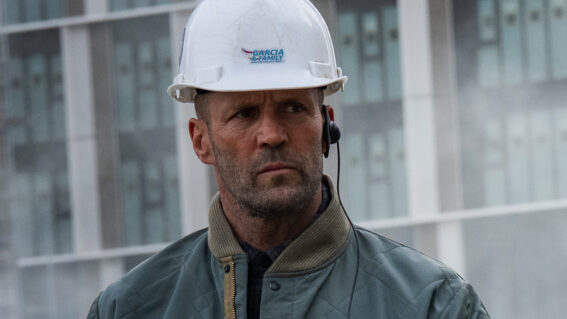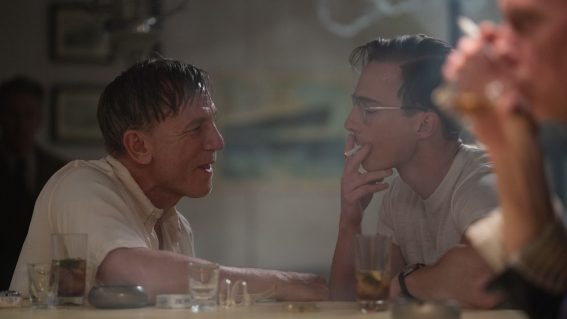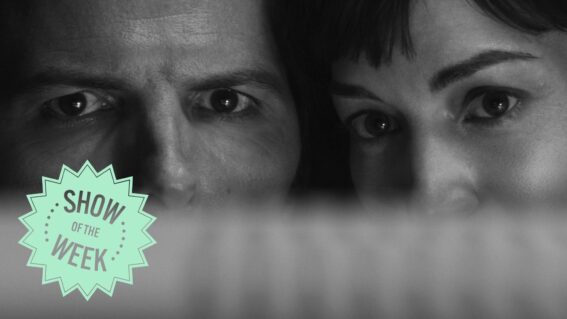Seen That? Watch This: Netflix’s Persuasion is far from the best adaptation of Jane Austen’s novel
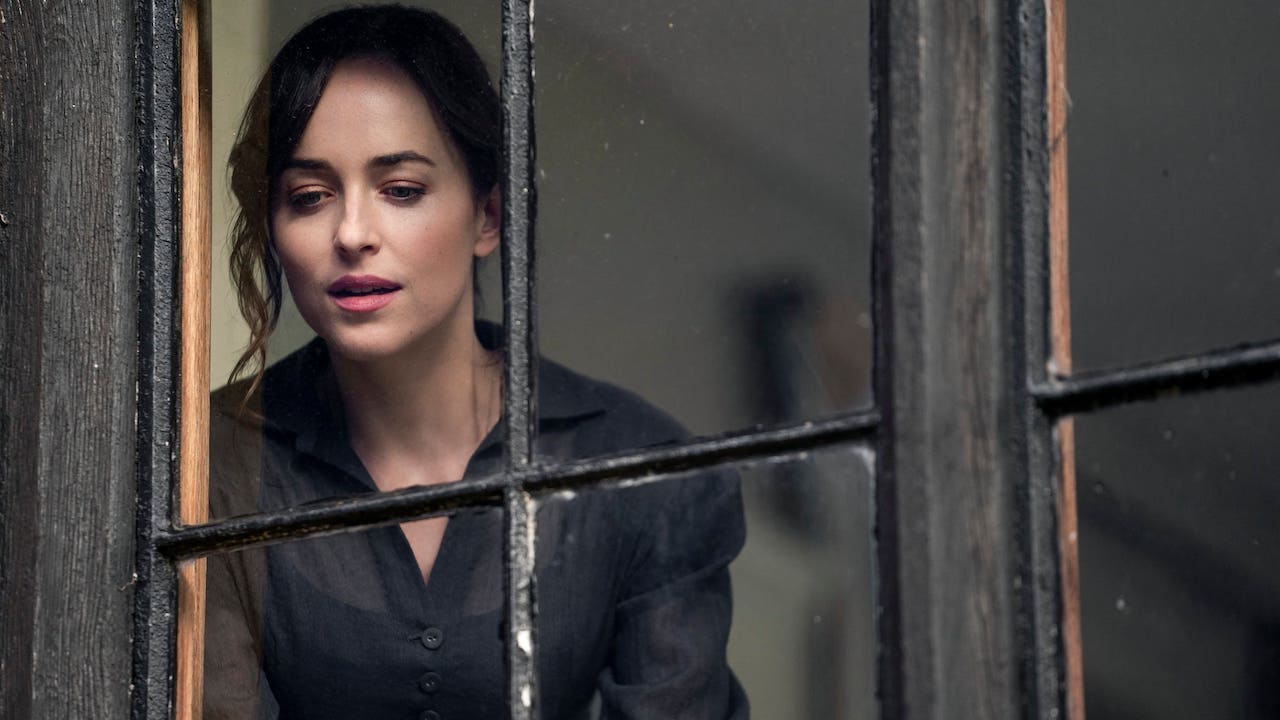
Seen That? Watch This is a new weekly column from critic Luke Buckmaster, taking a new release—here, Persuasion—and matching it to comparable, superior works, creating the ultimate cinephile homework assignment.
Oh what a joy, to be insulted by a character in a Jane Austen story. Today, when we offend a friend they may turn to us and say: “go fuck yourself.” But in an Austen book—and most of the films adapting them—characters have a rather more cultivated turn of phrase, dropping eviscerations so expertly crafted and melodiously beautiful one could never mind being on the receiving end of them.
The great author’s work inspires us to lift our insult standards; instead of saying “that dude is full of himself”, for instance, we might say: “vanity working on a weak mind produces every kind of mischief.”
All three major adaptations of Persuasion, including Netflix’s irritatingly squawky new version directed by Carrie Cracknell, contain a scene in which a snobbish character named Sir Walter Elliot—who is contemplating leasing his house to an Admiral—unambiguously expresses his thoughts on the Navy. In the book, Elliot declares two reasons for disliking it. The first “as being the means of bringing persons of obscure birth into undue distinction, and raising men to honours which their fathers and grandfathers never dreamt of.” The second: “as it cuts up a man’s youth and vigour most horribly.”
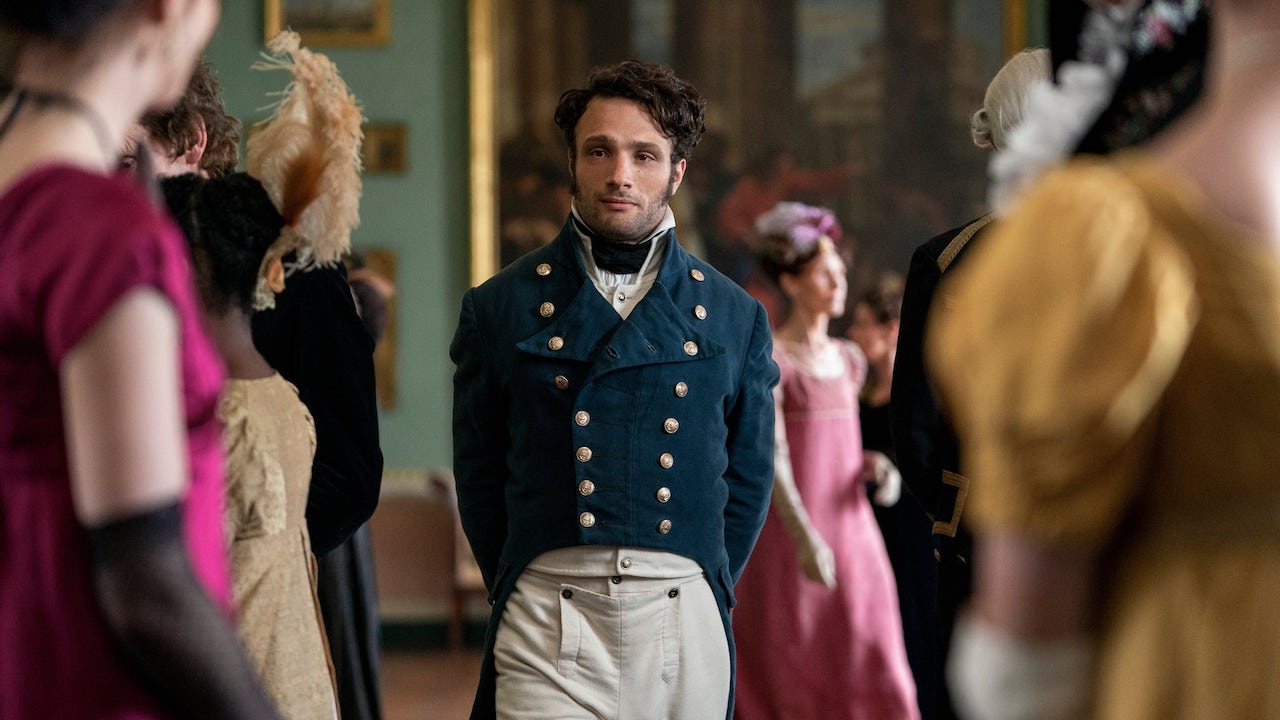
In Adrian Shergold’s 2007 adaptation, the book’s lines are recited in full. The 1995 BBC adaptation, directed by Roger Mitchell, reduces it to: “I strongly object to the navy—it brings people of obscure birth into undue distinction.” And the new film comes dangerously close to de-Austening it entirely, with Richard E. Grant snarling: “I will not have a navy man in my house. They’re all ugly.”
Thankfully, screenwriters Ron Bass and Alice Victoria Winslow salvage the moment in the very next line, Grant’s incarnation of Elliot rhetorically adding: “What right has the British navy, to bring persons of obscure birth into undue distinction?” None of the versions have been able to resist the last five words of that line. However if Cracknell’s had been the first, I wouldn’t have been surprised: it makes several bad choices, including and especially a heavily fourth wall-breaking protagonist.
The decision to have Anne Elliot (Dakota Johnson) regularly address the audience, in a style so persistent and forceful it comes across almost like a form of assault, may have been conceived with the idea that the protagonist is our friend: a chatty pal at the pub after a couple of drinks. Instead the new Anne is that annoying person at a party you’re stuck talking to and can’t get away from. Dakota Johnson is overacting, but it’s not her fault; the entire film is dumbed down and overdone, intent on explicitly spelling out what was already clear through character and subtext.

Narrative-wise, Persuasion involves the “one that got away”—that romantic partner Cupid shot into our lives, only for mean old fate to throw them away. Each filmed version contains an almost title drop: a scene with Anne commenting that several years ago she was “persuaded” not to marry Frederick Wentworth, a hunky Captain she dug but rejected on account of him not having high social standing i.e. much cashola in his bank account.
Being the brother-in-law of the aforementioned Admiral, Wentworth unexpectedly re-enters Anne’s life—raising the possibility that they might head to the local bar, slam down a few tequilas, then have astonishingly good make-up sex. And by that I of course mean sipping tea then going for a stroll in a garden.
The appeal of each film adaptation is crystallized in scenes around the dinner table. In the very enjoyable 1995 version, which truly understands that Austen’s wordplay and subtlety with subtext are the core aspect of the experience, these scenes are warm and inviting. I wanted to pull up a chair, slurp down some port and reminisce on memories past. In the frostier, more cerebral 2007 version I wanted to keep my distance: these scenes are cold and unfriendly, with lots of space between the characters. In the new version I wanted to stay away for a different reason: Dakota Johnson’s protagonist was there.
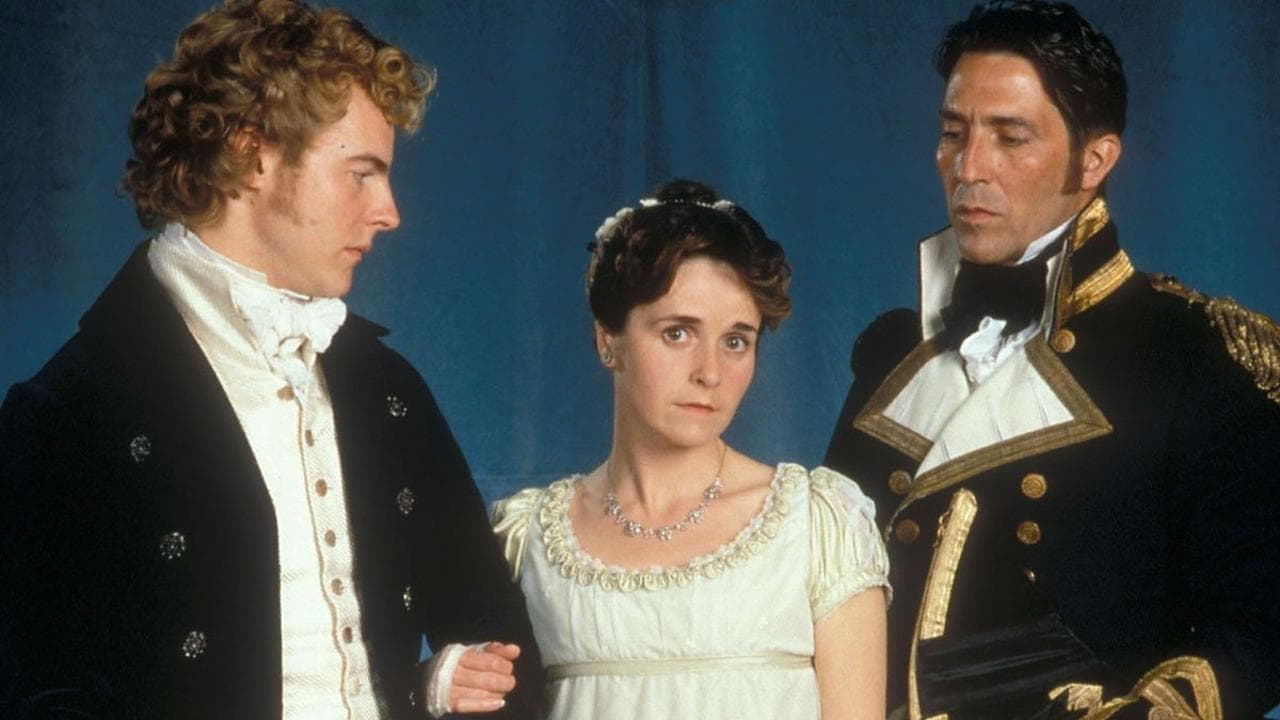
Comparatively, Amanda Root (above) delivered a tenderly humane performance in the ‘95 version, with a worried, inquisitive countenance; the look of a decent person trying to make sense of a complex world. Sally Hawkins was also impressive in the 2007 adaptation, portraying a sadder interpretation of Anne in a film that summons an air of melancholia in various ways, especially visually—the colour scaled right back into a unwelcoming grayish scheme.
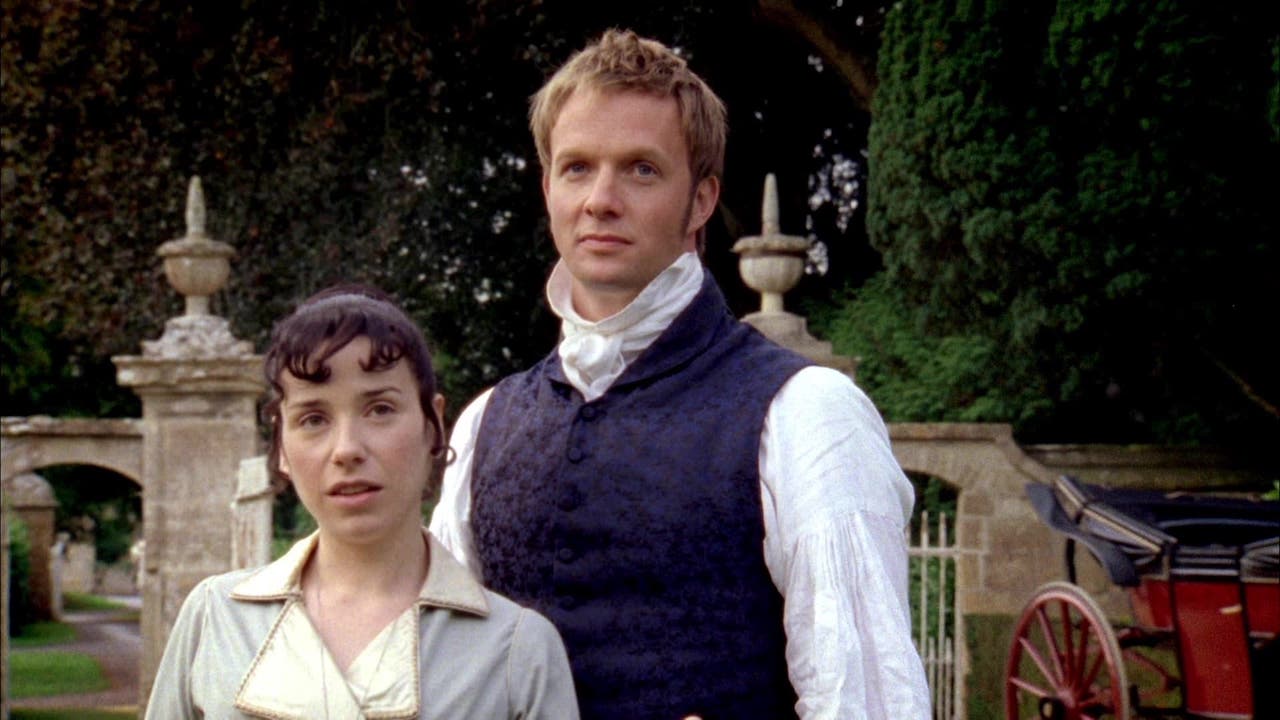
The appeal of a Jane Austen movie is similar to the appeal of filmed theatre, despite the obvious irony of stemming from literature rather than the stage. This speaks to Austen’s wonderful gift for dialogue and the appeal of getting lost in it. It’s best realised in the 1995 production, the rhythms of the film itself jiving along to the ebb and flow of Austen’s wordplay. Cracknell on the other hand doesn’t trust the audience and, by so aggressively attempting to pull us into the narrative world, via all that pesky direct address, paradoxically pushes us further away, constantly drawing attention to its own contrivance.
At one point, around 45 minutes in, Johnson’s pestering Anne even has the cheek to turn to the camera and describe another character as “shockingly self-aware”. In this moment the film is speaking to us—and the pot calls the kettle black.




